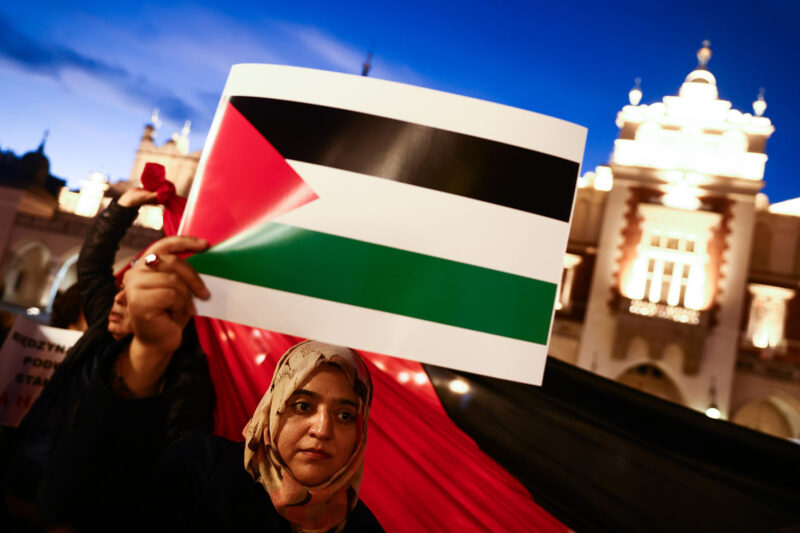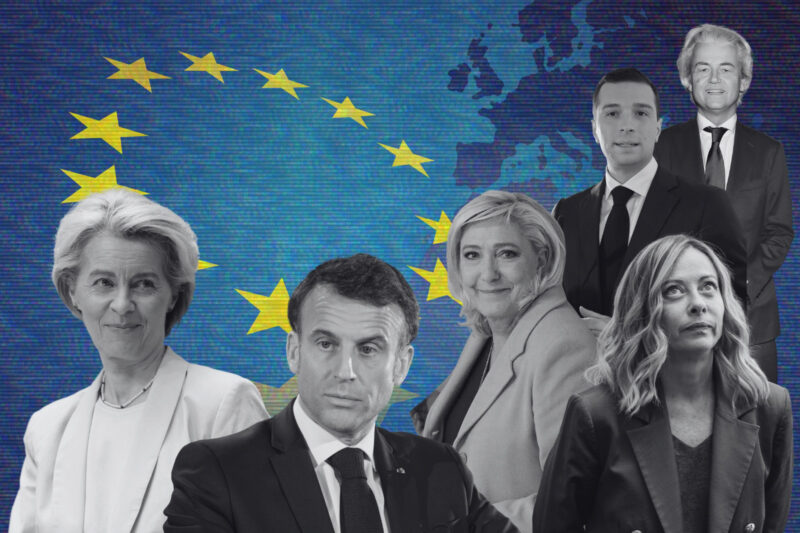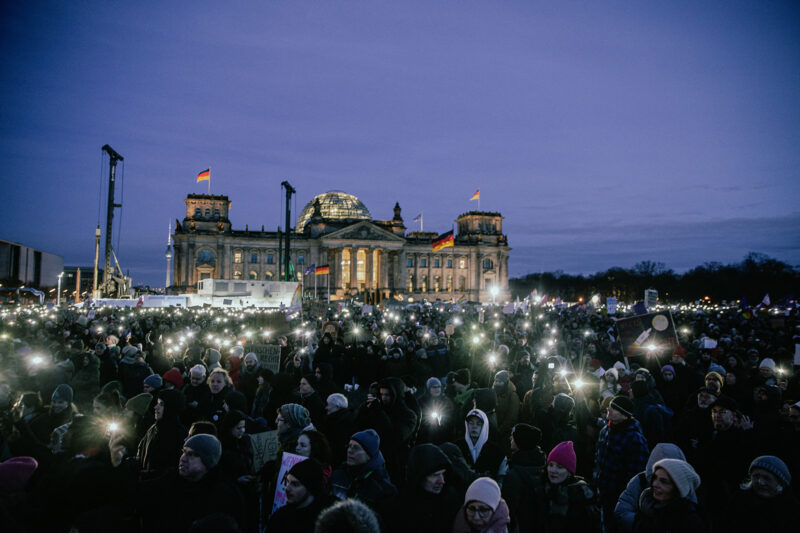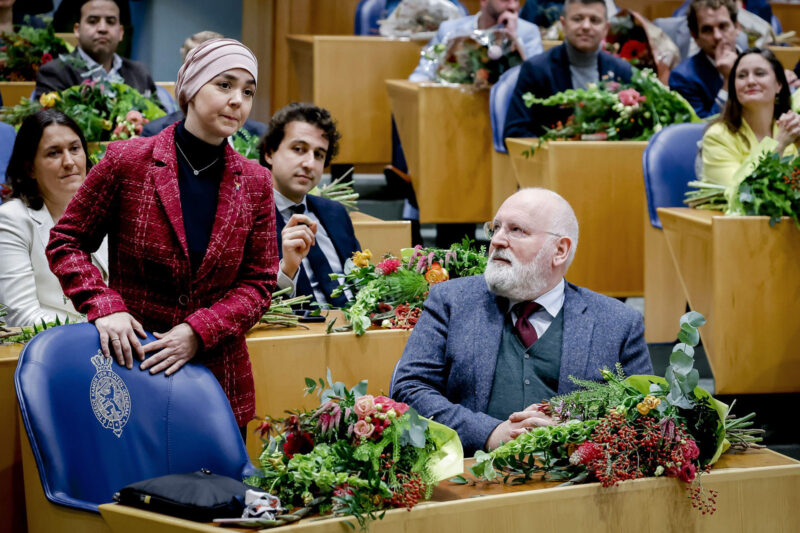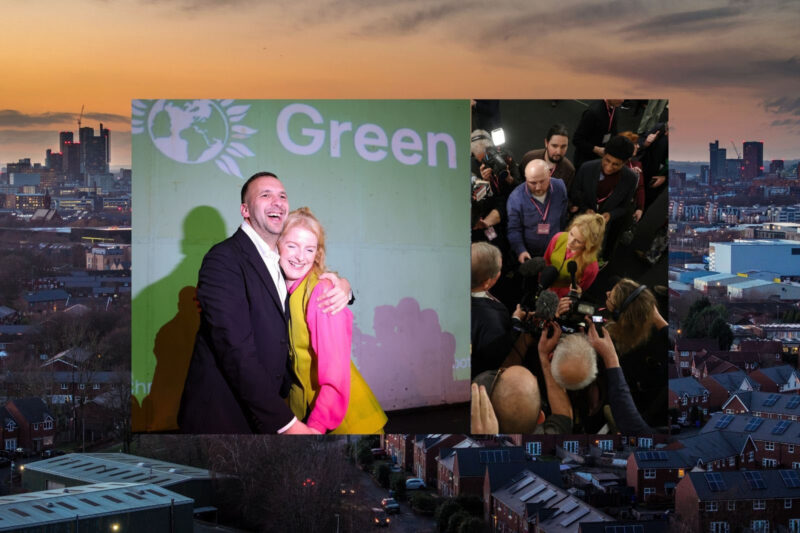Geert Wilders’ victory points to a surge in anti-Islam populism across Europe
Many mainstream politicians have adopted and amplified the language of the far right
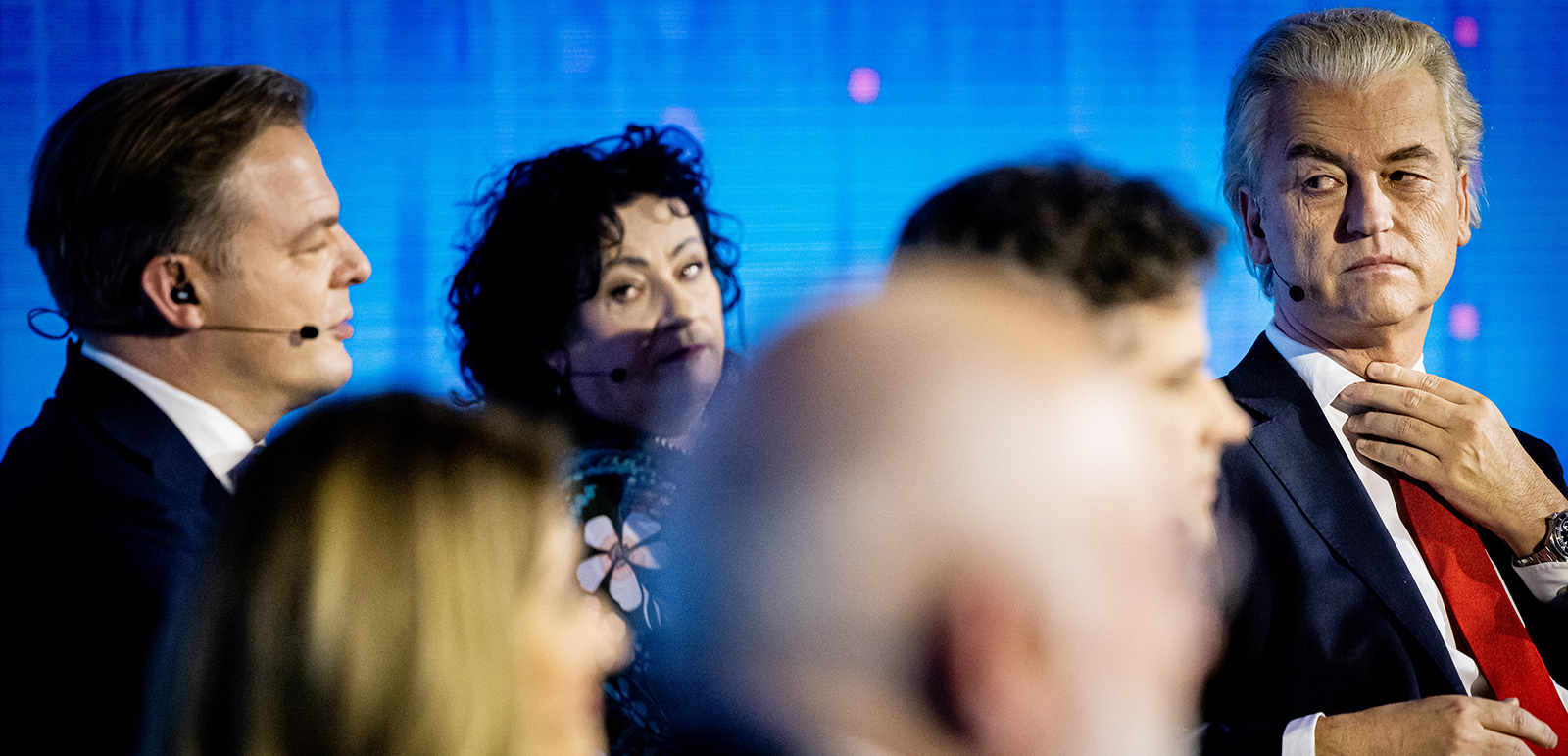
Dutch far-right and anti-Islam politician Geert Wilders’ success in this week’s elections in the Netherlands has been widely described as a “shock” result. It is nothing of the sort.
Wilders’ Party for Freedom (PVV), whose manifesto calls for bans on mosques and the wearing of Islamic headscarves in government buildings, won 37 seats in the 150-seat parliament, more than doubling its previous number.
The PVV’s victory on 22 November was efficiently planned. Many of us who write about politics in Europe saw it coming and voiced our fears. But our warnings went unheeded.
Instead, sections of the media described Wilders as “charismatic” and failed to challenge him, even as he called Moroccan migrants “scum” and said Islam is “the ideology of a retarded culture”. He was also courted unashamedly by Dilan Yeşilgöz-Zegerius, leader of the liberal VVD party, which has been in power for the past 10 years.
The shock for those of us who have observed the resurgence of far-right politics in Europe is not that Wilders may become Dutch prime minister. It is that today in Europe, for people of colour, there appears to be no hiding place.
Almost all of Europe’s mainstream politicians — in varying degrees — have adopted and amplified the racist, xenophobic, anti-migration and Islamophobic views of Wilders, France’s Marine Le Pen and Hungary’s Viktor Orban.
Wilders’ playbook is no different from the one that brought Italy’s Georgia Meloni to power in 2022 and gave her the influence and authority to further reinforce “Fortress Europe” migration policies. Wilders is likely to have a similarly powerful impact on the European Union.
None of this is new. Islamophobia in Europe increased after 9/11 and has surged in the aftermath of each horrific Islamist-inspired terror attack in Europe. Once upon a time, however, European Muslims could rely on support from Europe’s “progressive” parties. Today, only some in the radical left voice such views.
In the midst of the devastating Israel-Hamas war, Germany’s social democrats and Greens — encouraged by the media — have publicly held all German Muslims responsible for the rise in antisemitism in the country. Pro-Palestinian and pro-peace demonstrations are regularly denounced by politicians as pro-Hamas.
The sad truth is that the far-right view, which equates European identity with Christianity and whiteness and sees the world through an Orientalist lens, now risks becoming the norm.
The EU Fundamental Rights Agency has repeatedly warned that ethnic minorities in Europe frequently experience racist harassment and violence, including at the hands of the police. Muslim women who wear the hijab are also more likely to be the most affected by racist behaviour.
In these difficult times, Europeans of all races, religions and colour need their leaders to offer guidance. Instead, today, through their words and actions, many of those in power are further dividing us.
Europe’s sad history, and especially Germany’s dark past, makes it essential that Jews are forever free of prejudice in Europe. However, history should also teach us that racism and discrimination are despicable regardless of the form they take. “Never again” should apply to all forms of racism.
Antisemitic acts have been tracked since the start of the Israel-Hamas war. Yet similar data on the rise in Islamophobia across Europe has not been updated, allowing politicians to make only a passing reference to surges in anti-Muslim hatred since 7 October.
Following Wilders’ victory, some worried Muslims and people of colour have shared thoughts about leaving Europe, finding a safer place elsewhere. I am also worried about the future. But I will stay, taking hope from those who are not afraid of speaking truth to power and because countless people are fighting back against extremist views and working for an open and progressive Europe.
I will stay because I am not ready to give up hope. And because Europe is my home.
 Newsletter
Newsletter


